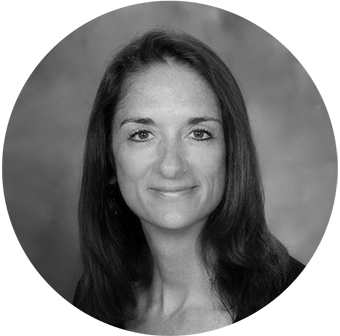sk any superintendent in the field of public education and they will tell you the job of leading a school district is not only unique in structure and objective, it is also genuinely difficult work. To do it well requires courage, tenacity and resilience. Ever cognizant of the political nature of our position, we frequently offer more grace to people than we receive in return. But this is always worth the effort because we hold a heartfelt belief in the work we do, in the employees on our teams, and in the people and causes we serve.
Throughout the past 15 years, the nature of my leadership in the Fairbanks North Star Borough School District has transformed significantly. I recently watched a 2008 Ted Talk on tribes by David Logan. His perspective resonated strongly as I reflected on my own leadership trajectory and considered not only the why of my work, but also the how. My focus has evolved from developing my individual capacity as a leader to intentionally and systematically building the capacity of leaders at all levels of the organization. Creating highly functional teams so that all humans can realize their highest potential is my current why. The true challenge, however, is how to accomplish that goal.
Stage 1 Tribes operate in the mindset that Life Sucks. There is despairing hostility and a “do whatever is necessary to survive” mindset. Logan says this is the stage of mass shooters, gangs and prisons.
Stage 2 Tribes believe My Life Sucks. They think about all the ways their current situation could be better, but since it isn’t, life sucks. Stage 2 tribes exist in even the most profitable and successful organizations.
Stage 3 Tribes say to themselves and to other tribes: I’m Great, and You’re Not. With a mindset of superiority and scarcity, they are in continual conflict over limited resources and thus resort to daily politics. Half of all workplace tribes get stuck in Stage 3.
Stage 4 Tribes believe We’re Great and Our Values Unite Us. This mindset represents critical collaborative factors necessary for strong teams.
Stage 5 Tribes believe Life is Great. People’s values and their noble cause unite them. Stage 5 tribes and their leaders change the world. Logan cites Desmond Tutu and the Truth and Reconciliation process in South Africa as a Stage 5 moment in history.
My thinking began to fundamentally shift in college when I participated in Project Adventure workshops with Karl Rohnke. For the first time, I experienced the power of team and started to realize how much more I could accomplish collaboratively than individually. I entered the education profession, however, with deeply ingrained Stage 3 beliefs and practices. Constant comparison to those around me and volatile education politics fueled my drive to excel.
When I became a building administrator, Stage 3 habits served me well in a culture of competition for economic and human capital and relational support. I quickly learned to utilize every instrument at my disposal to secure resources. But I also continued to have formative experiences with effective teams. As principal, I transitioned to a collaborative leadership framework and began to build my skillset to facilitate highly functional teams.
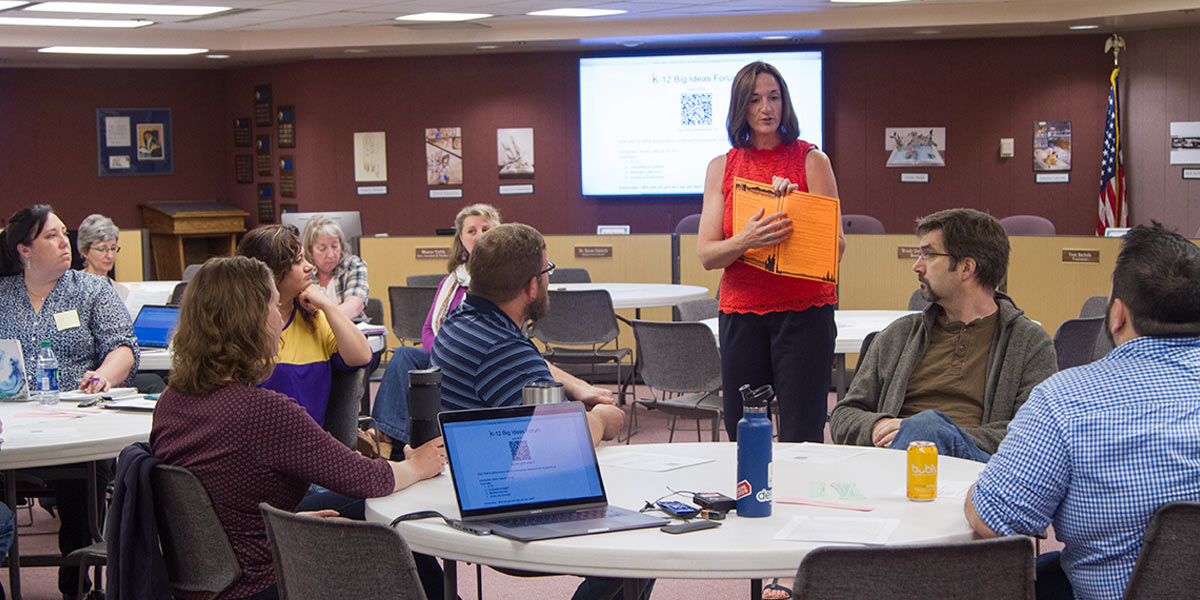
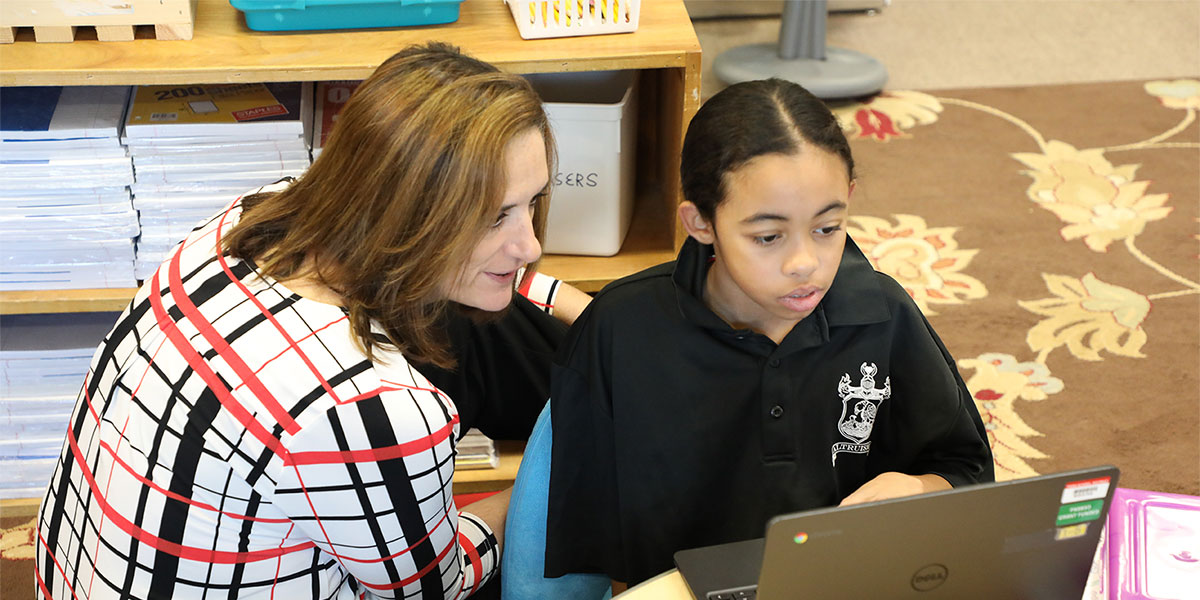
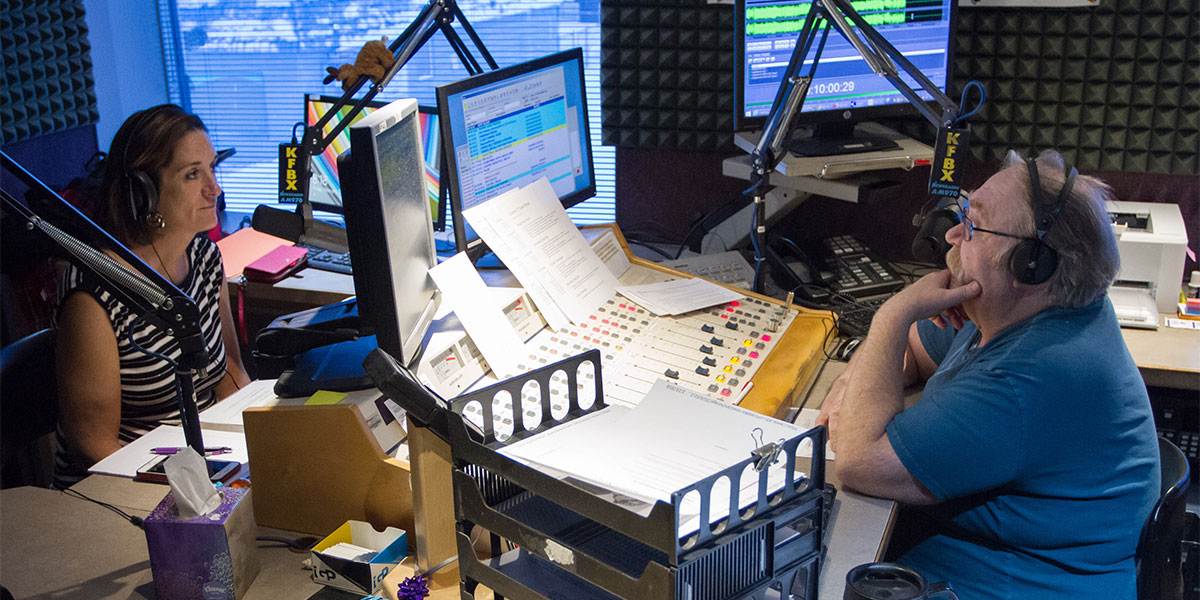
To do this, I intentionally commit significant time in team meetings facilitating experiences to build leadership competencies. I utilize resources from Patrick Lencioni, Simon Sinek, Brene Brown and others. I have learned from these scholars of leadership that trust is critical to the health of any team. Yet trust is a journey, not an event. To develop foundational levels of trust and commitment on a team, the leader must cultivate these behaviors.
A simple, regenerative activity I use to build trust is our meeting opener. Each person has two minutes to share any work or personal distractions they brought to the meeting. It is in these vulnerable moments that we learn the job and life challenges of our colleagues. It’s when we remember that we each bring our entire selves to the office, and it’s how we connect with one another as human leaders.
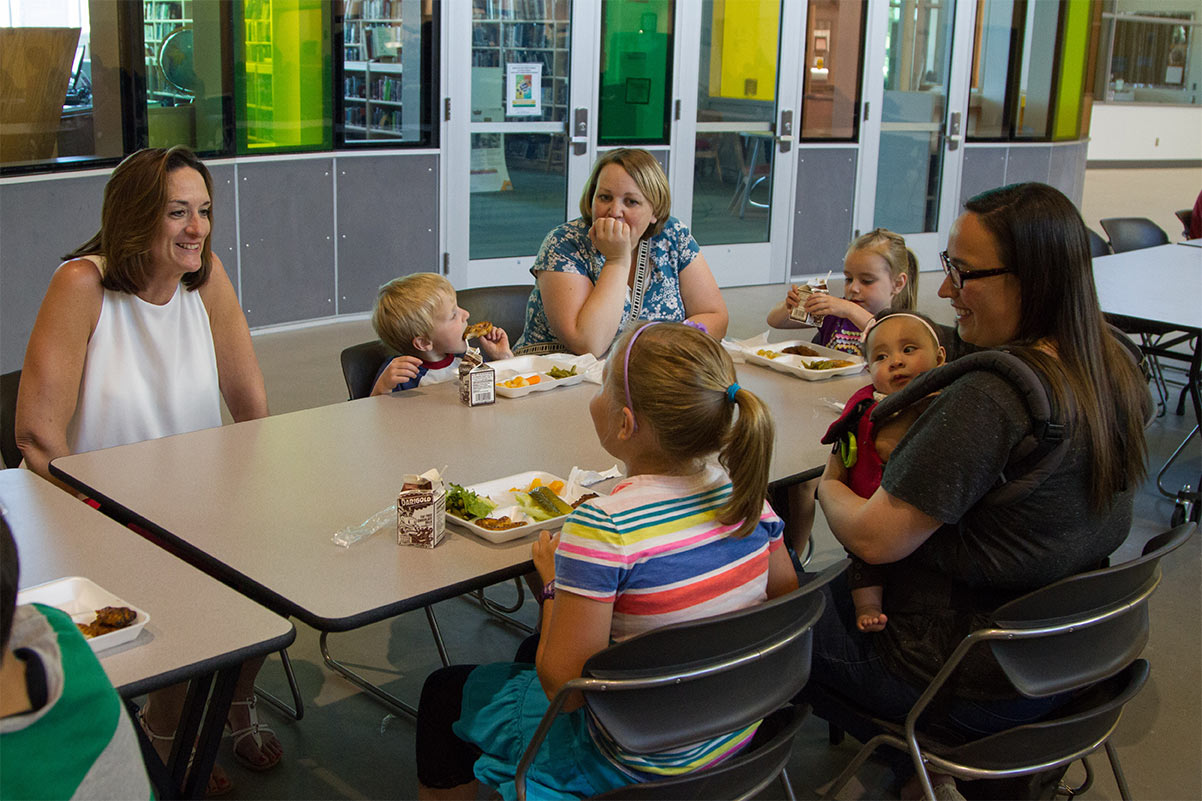
We then engage in deep leadership work. I’ve facilitated multiple rounds of Patrick Lencioni’s 5 Dysfunctions of a Team workshop. Through Simon Sinek’s process, team members have partnered to find their whys. At our annual two-day retreat, we dove into Brene Brown’s Dare to Lead course.
These structures are deeply rooted in our team culture and protected by our members because they recognize their impact on both group cohesion and the strength of individuals.
The work of superintendents is critical to the health of our country and our democracy. To lead a school district is a mandate to effectively manage resources and be a good steward of public funds. It is also a responsibility to build capacity in the people who work in our systems so they can effectively and inspirationally serve our nation’s children. It is a calling to develop future citizens who will move us from the Stage 1, 2 and 3 paradigms we too often experience and transform us into a Stage 4 global community. In doing so, we can develop leaders who will create Stage 5 moments in our future, and that is truly inspirational.
